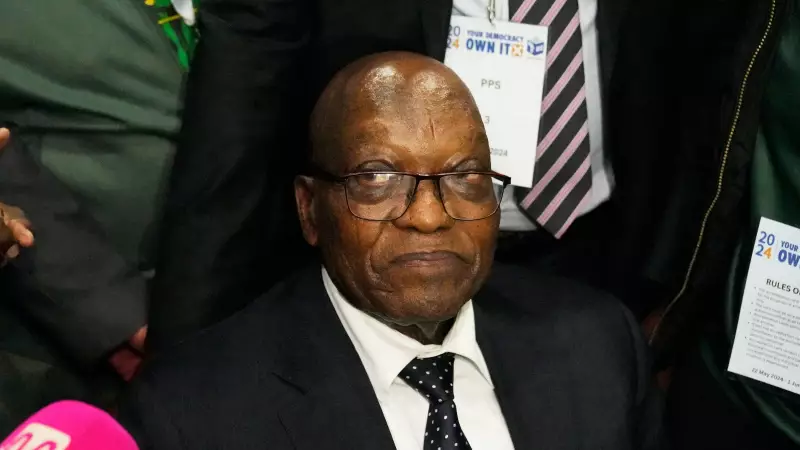
In a landmark judgment that reinforces accountability for public officials, South Africa's Constitutional Court has ordered former President Jacob Zuma to repay a staggering 16 million rand (approximately ₹13 crore or $1.6 million) of public money used to fund his legal defences in various corruption cases.
The court ruled that the state attorney's decision to cover Zuma's legal bills across multiple criminal cases was "irrational" and unconstitutional, delivering a significant blow to the controversial former leader who has faced numerous corruption allegations throughout his political career.
Taxpayers Footed the Bill for Corruption Defence
The case was brought by the opposition Democratic Alliance and the Economic Freedom Fighters, who argued that South African taxpayers should not be responsible for funding Zuma's defence against corruption charges he faced both before and during his presidency.
The court found that the state attorney had no legal authority to agree to cover these costs, particularly since the allegations against Zuma related to his personal conduct rather than official state business.
Long-Standing Legal Battles Come Home to Roost
Zuma, who served as South Africa's president from 2009 to 2018, has been embroiled in legal battles for over a decade. The most prominent case involves allegations of corruption, fraud, and money laundering connected to a 1999 arms deal, where he allegedly received bribes from French defence company Thales.
His legal troubles were a central factor in his eventual resignation from the presidency under pressure from his own African National Congress party, which replaced him with current President Cyril Ramaphosa.
What the Judgment Means for South Africa
This ruling represents more than just a financial setback for Zuma—it signals a strengthening of South Africa's constitutional democracy and the principle that no public official is above the law.
"This is a victory for every South African taxpayer," said Democratic Alliance leader John Steenhuisen. "It sends a clear message that those who loot state resources will ultimately be held accountable."
The judgment comes at a critical time for South Africa, which continues to grapple with the aftermath of the "state capture" era under Zuma's presidency, where billions of rand were allegedly siphoned from state-owned enterprises.
With Zuma now required to repay the substantial legal fees, the case sets an important precedent for financial accountability among public officials and reinforces the independence of South Africa's judiciary in overseeing executive conduct.





